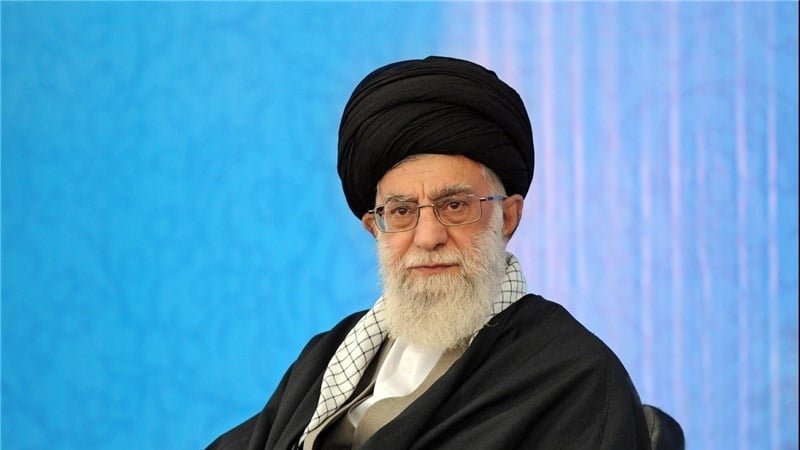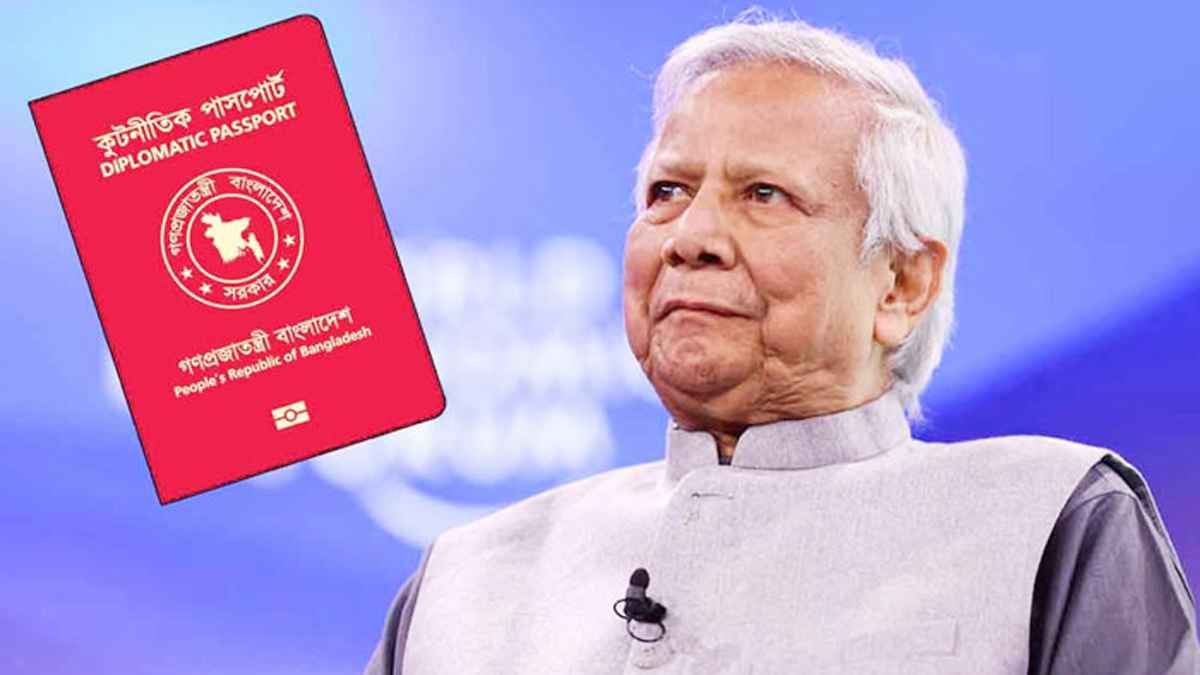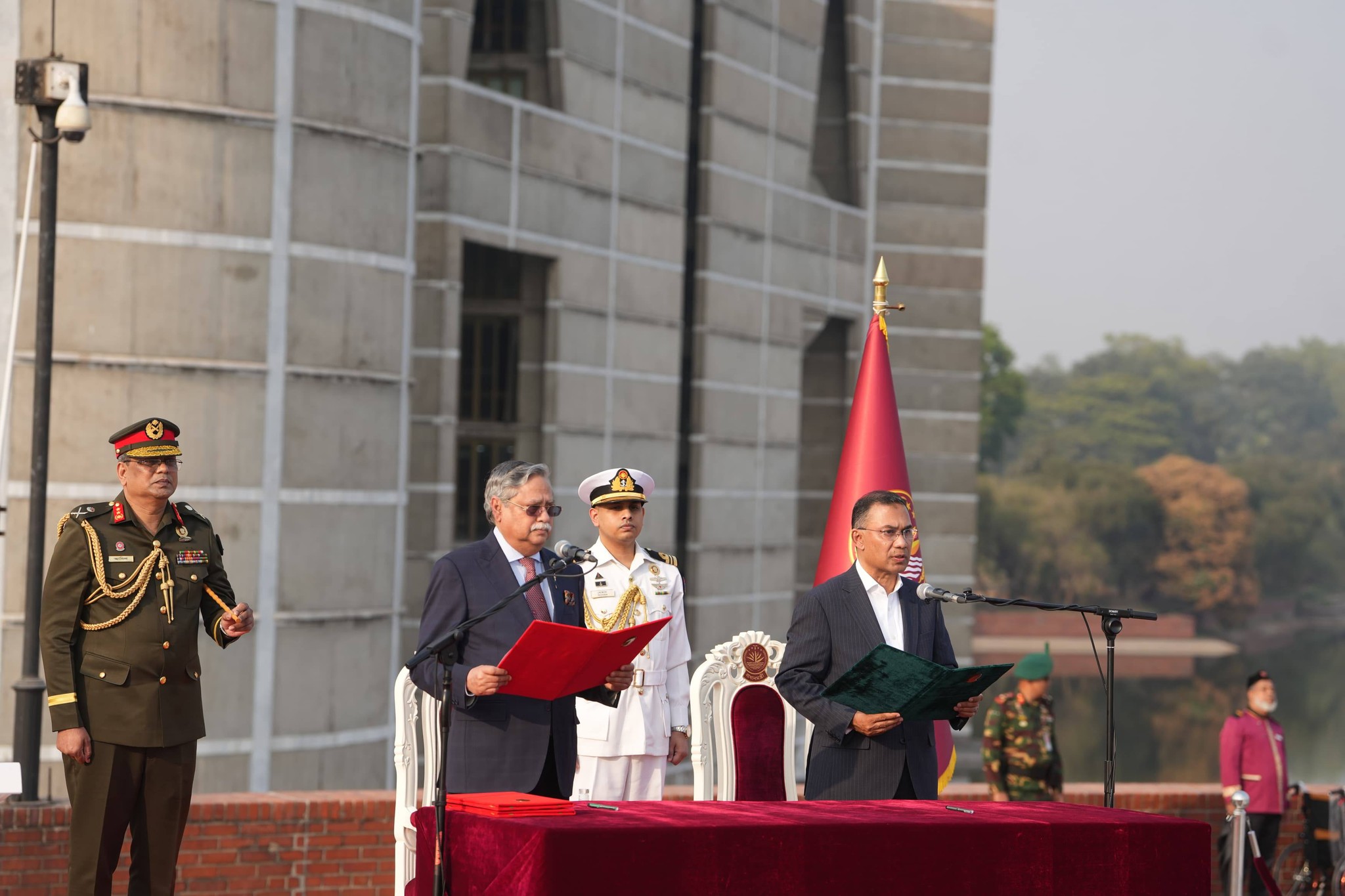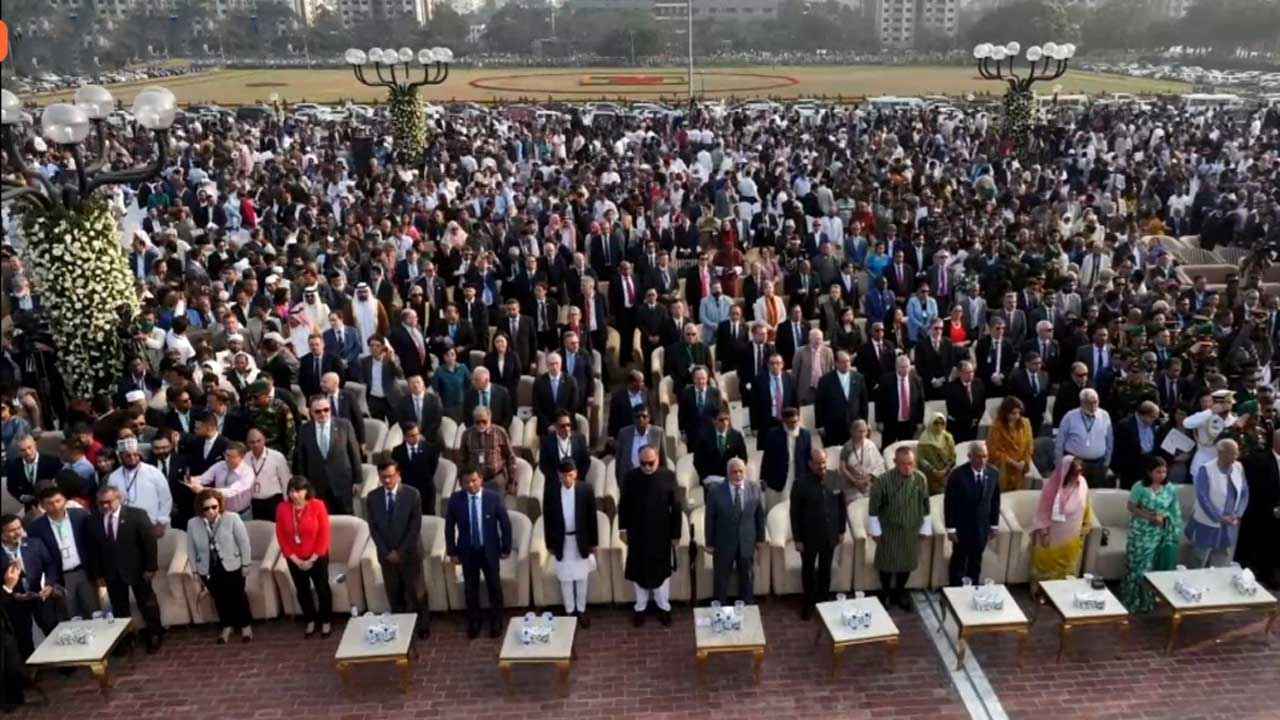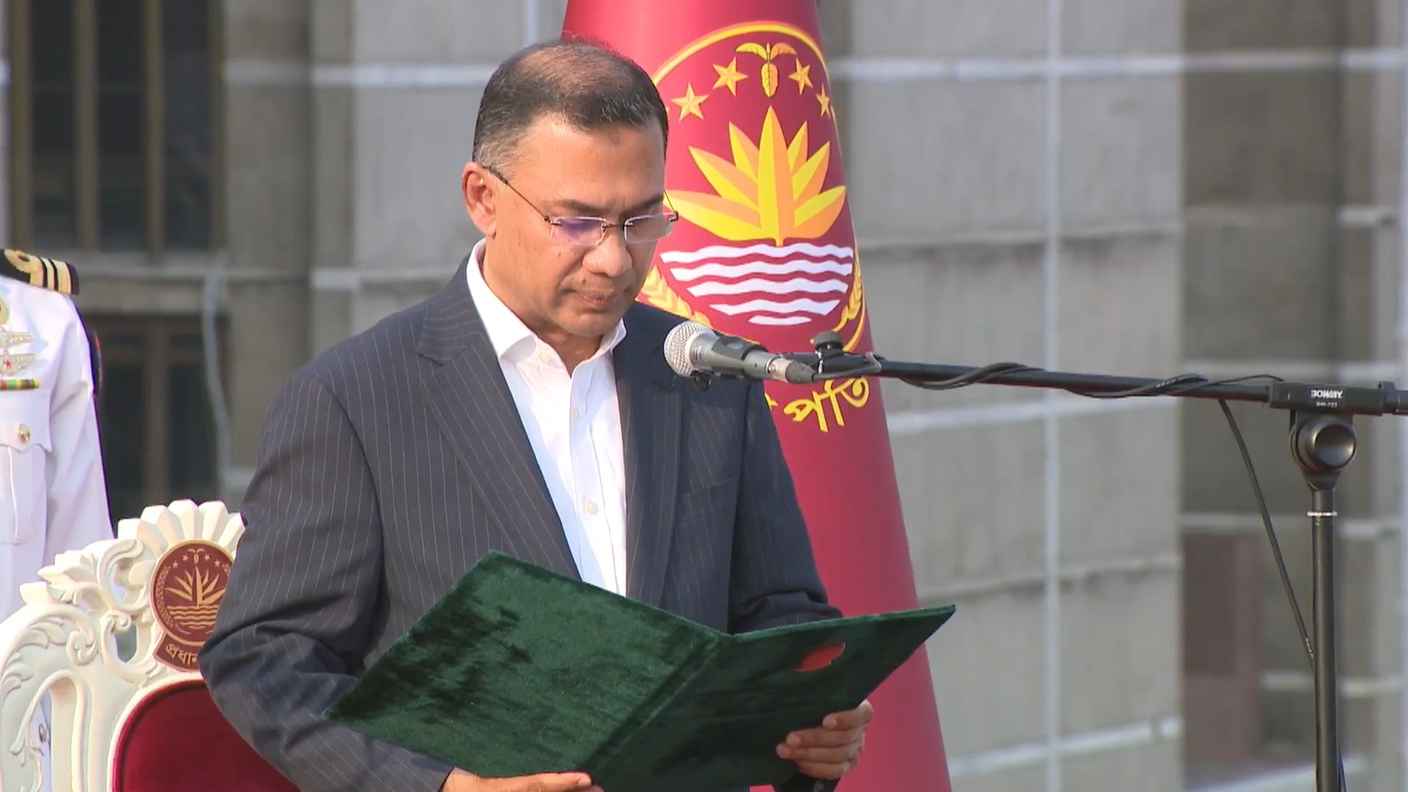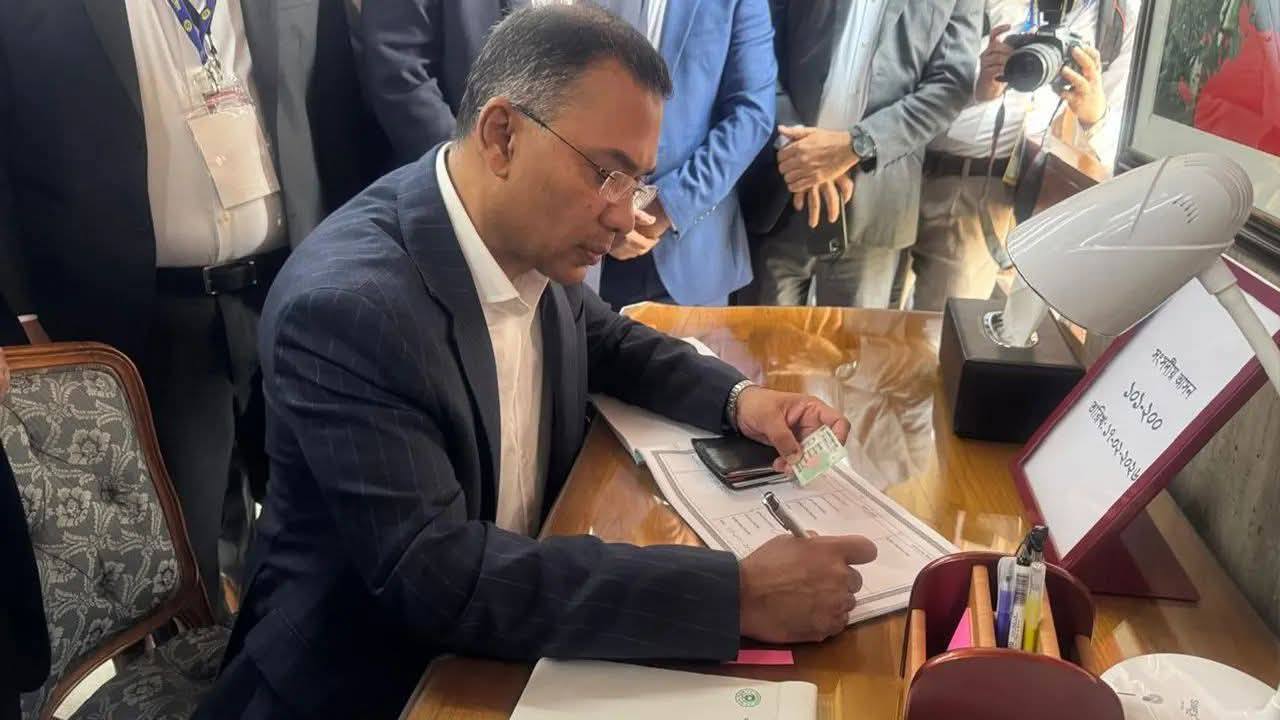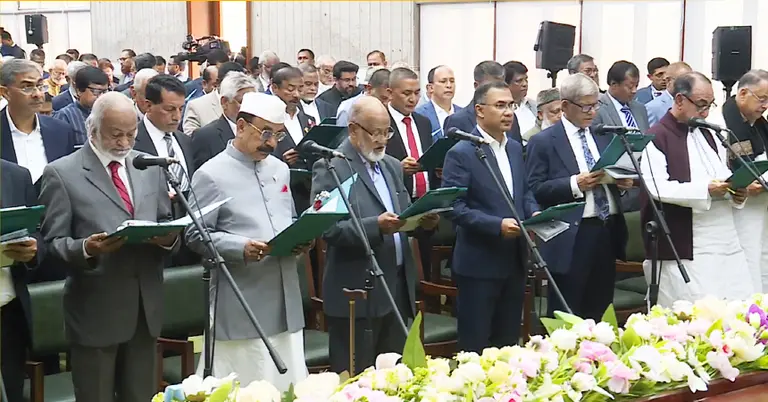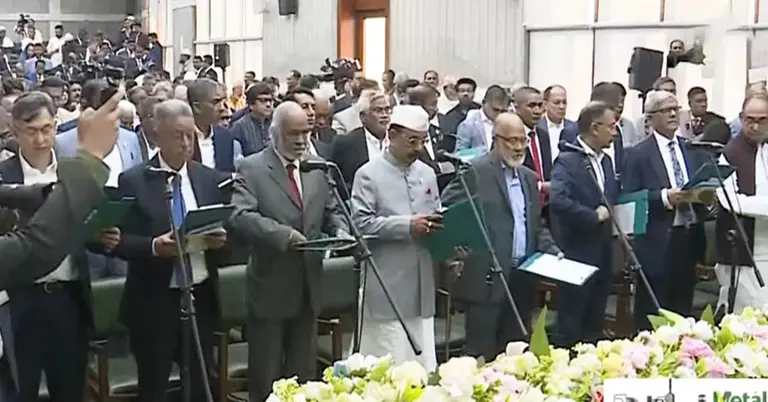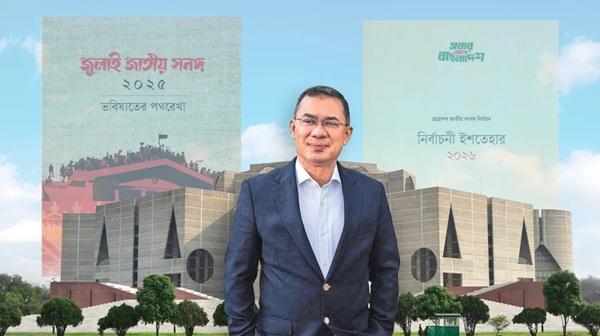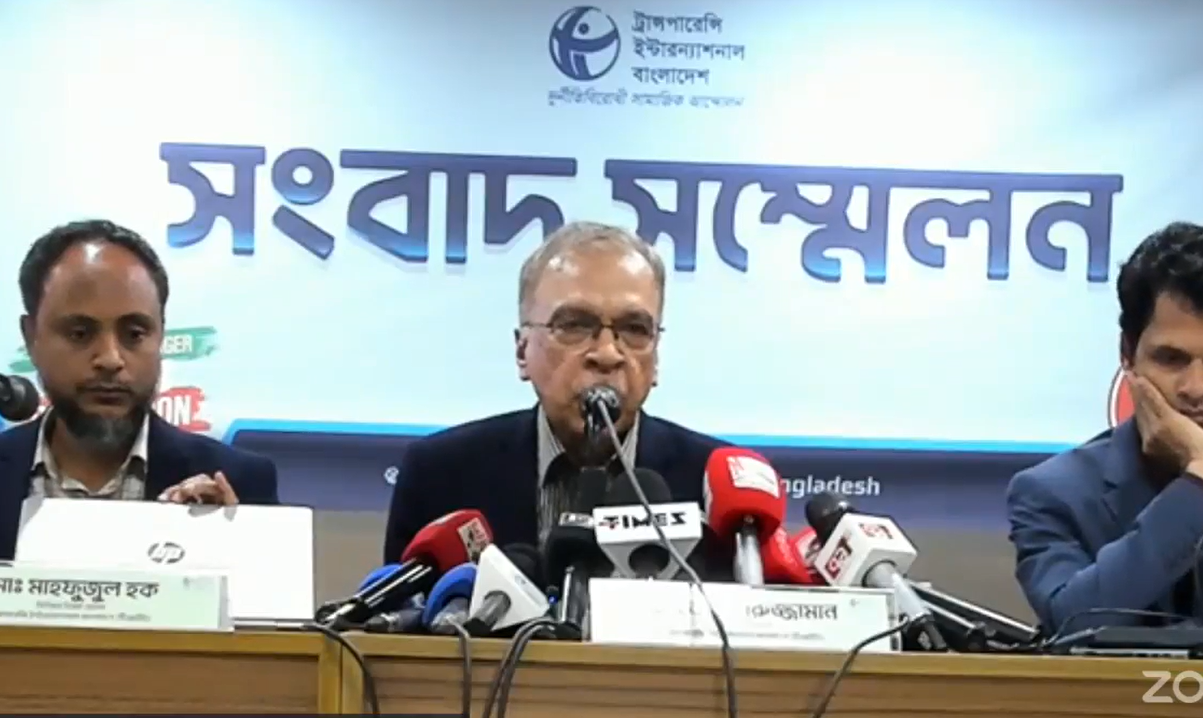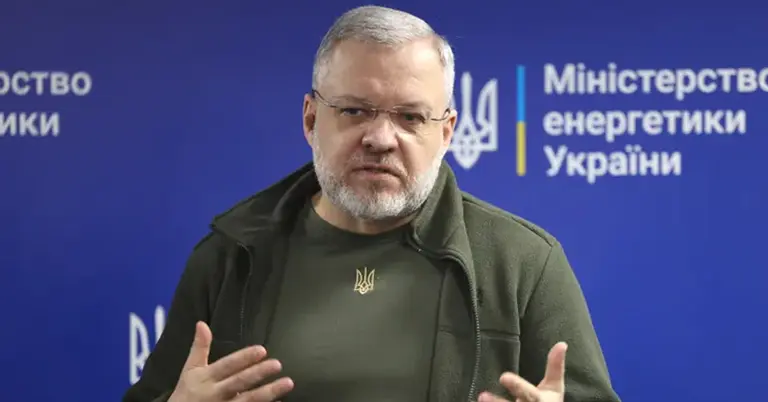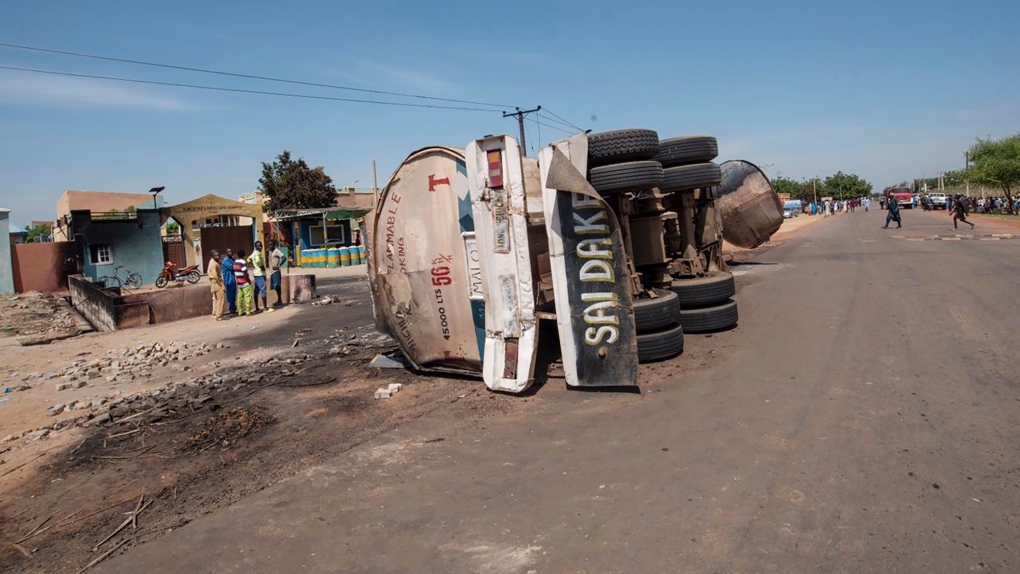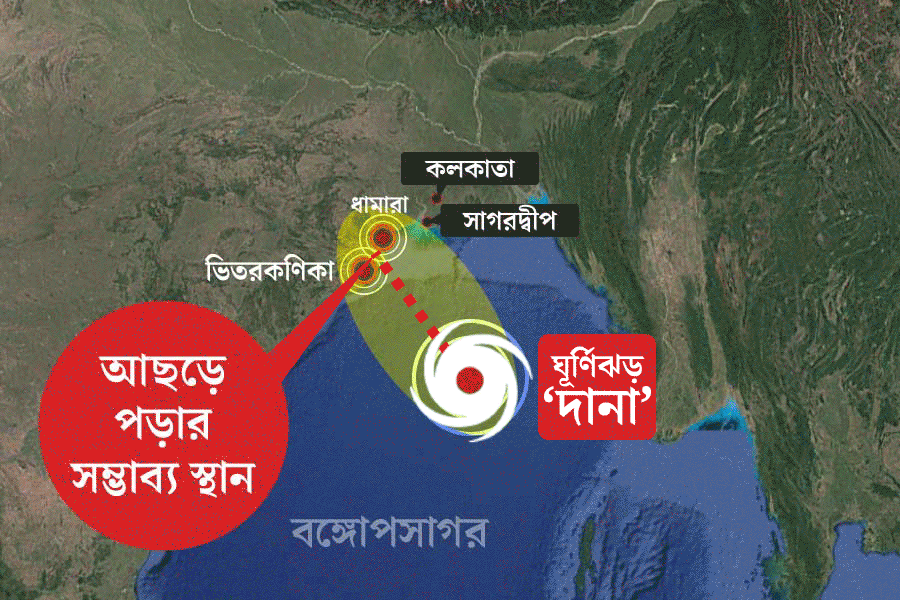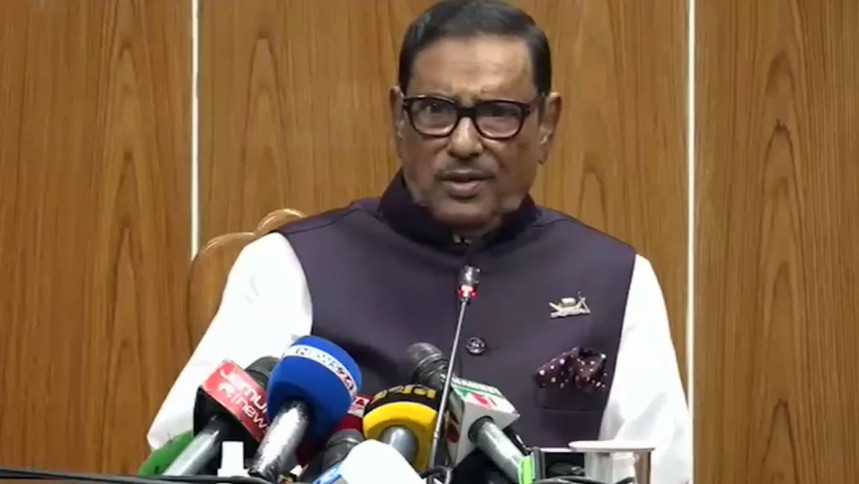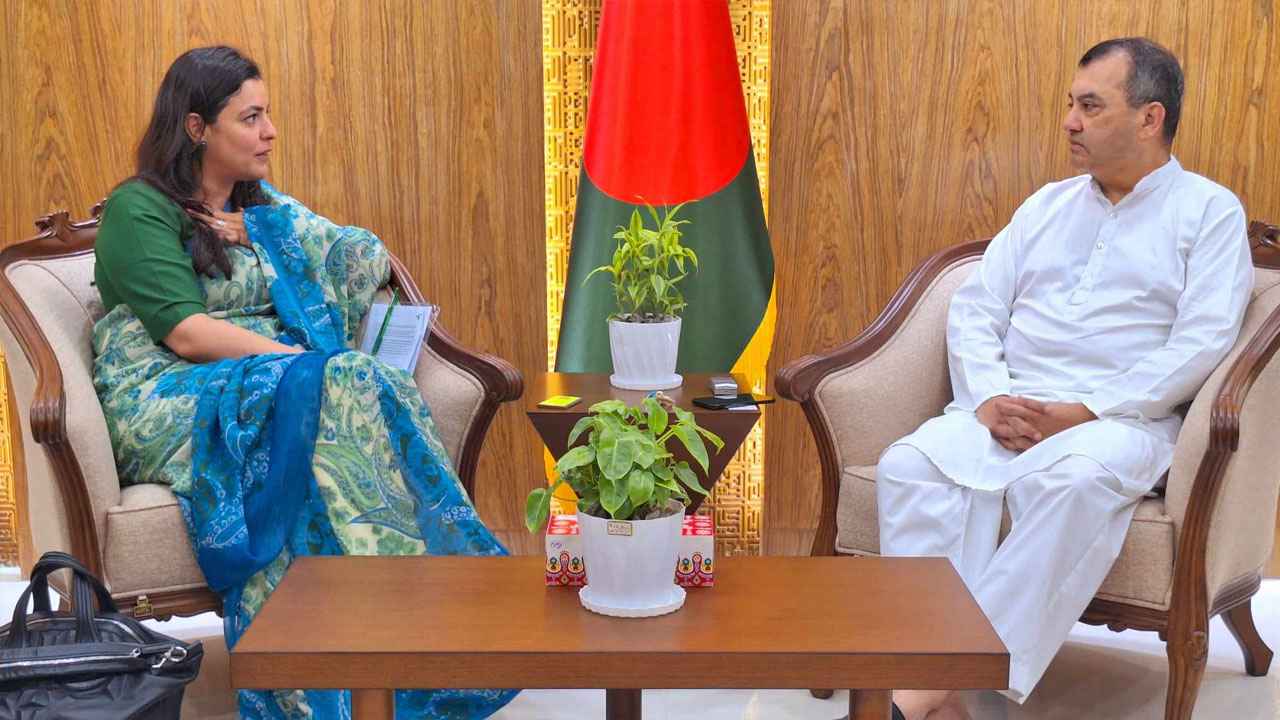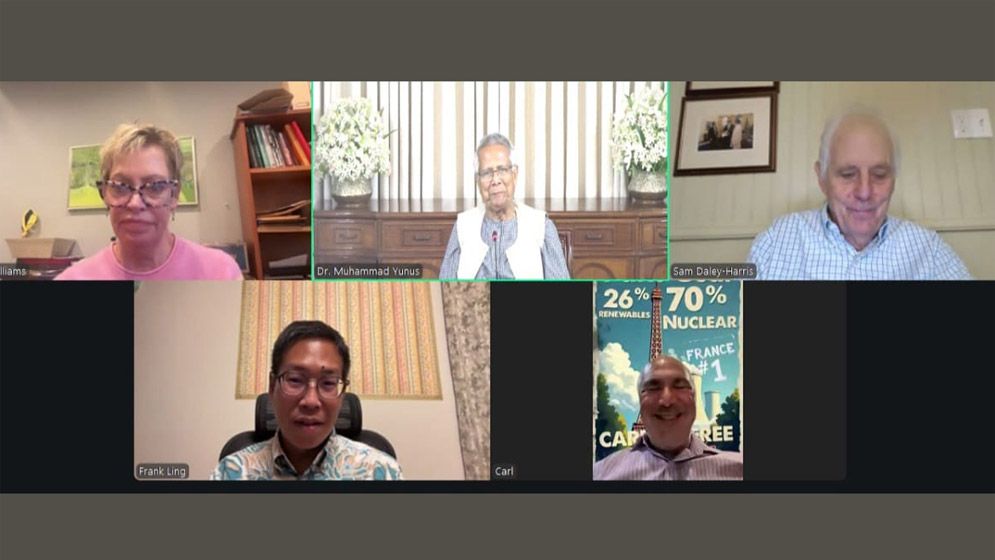
Principal Advisor Professor Dr. Muhammad Yunus said Bangladesh must move towards clean, safe and affordable energy solutions now so that the country can move forward on a new path of sustainable economic development.
This was announced in a message from the Chief Advisor's Press Wing on Saturday (September 20) morning.
He made the remarks in a virtual conference with Anthropocene Institute Chairman Carl Page and his colleagues on Thursday night (September 19).
Professor Yunus said that as one of the most densely populated and climate-vulnerable countries in the world, Bangladesh cannot afford to remain dependent on fossil fuels for long. He said that now is the time for Bangladesh to seriously consider alternative clean energy sources, one of which is large-scale solar power deployment.
Carl Page, brother of Google co-founder Larry Page, mentioned advances in next-generation nuclear technology and hybrid systems, which are capable of providing reliable, zero-carbon electricity.
He stressed that barge-based nuclear reactors are cost-effective, require less maintenance and are capable of supplying electricity to Bangladesh's growing industrial sector for decades.
Page said nuclear power is no longer taboo for major development finance institutions like the World Bank. Countries like Indonesia are already adopting the technology to meet their growing energy needs.
He noted that Bangladesh has a strong record of innovation. Therefore, the country can lead the clean energy transition. This will benefit job creation, stabilize energy prices, and increase the competitiveness of the industrial sector.
Page also said that Bangladesh is a strategic hub for emerging technologies and can assume a peaceful leadership role in nuclear innovation.
Professor Yunus said the interim government had recently formulated a new national electricity policy, which prioritized increasing the acceptance of solar energy. However, he noted that rigorous research and feasibility studies were essential before any decision was made on the nuclear option.
"We will certainly explore these opportunities," he said. "However, these promising technologies require in-depth research. There is no doubt that Bangladesh must rapidly reduce its dependence on fossil fuels."
Also present at the meeting were Bangladesh Investment Development Authority (BIDA) Executive Chairman Chowdhury Ashiq Mahmud Bin Harun and Senior Secretary to the Government and Chief Coordinator for SDGs Lamia Morshed.


